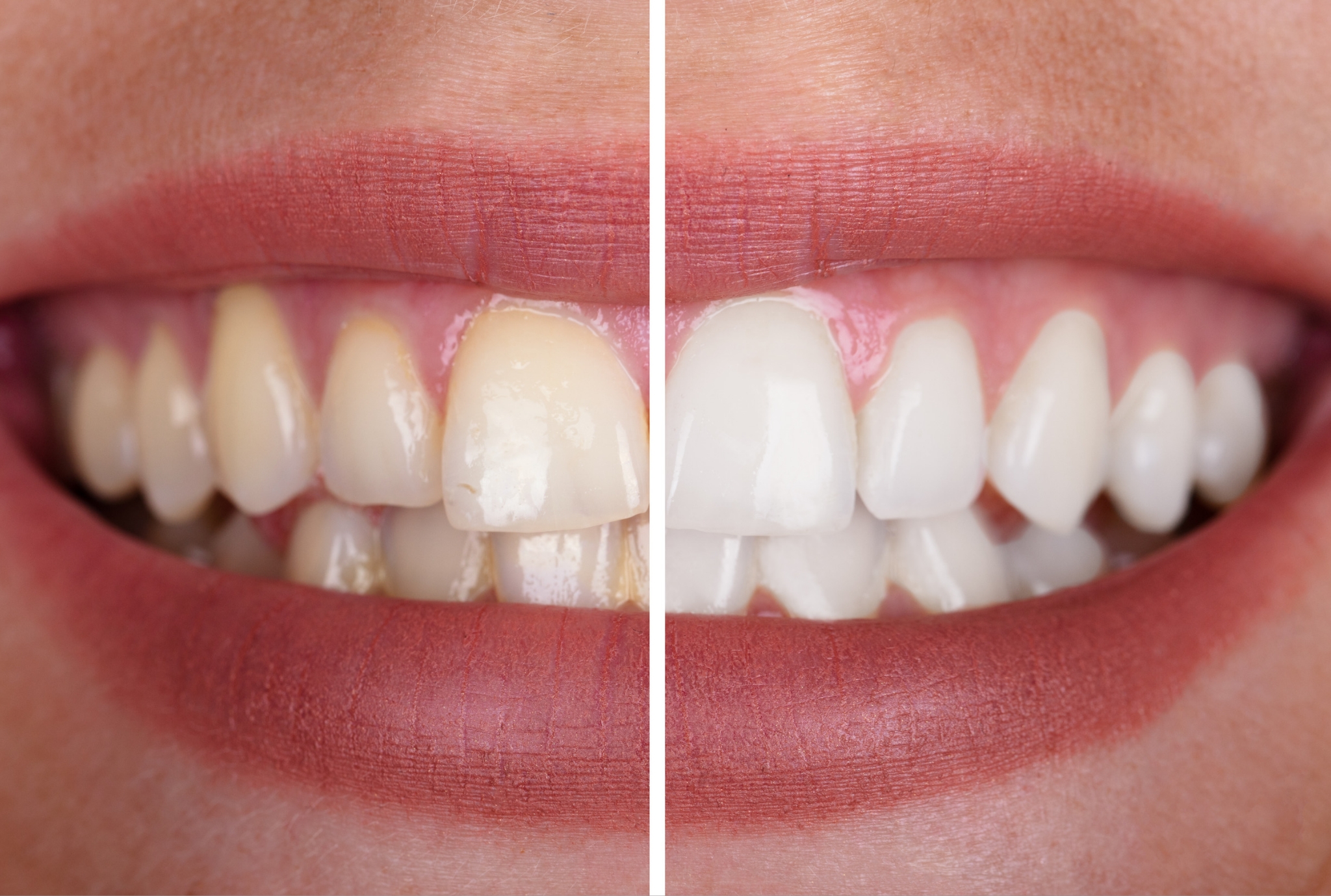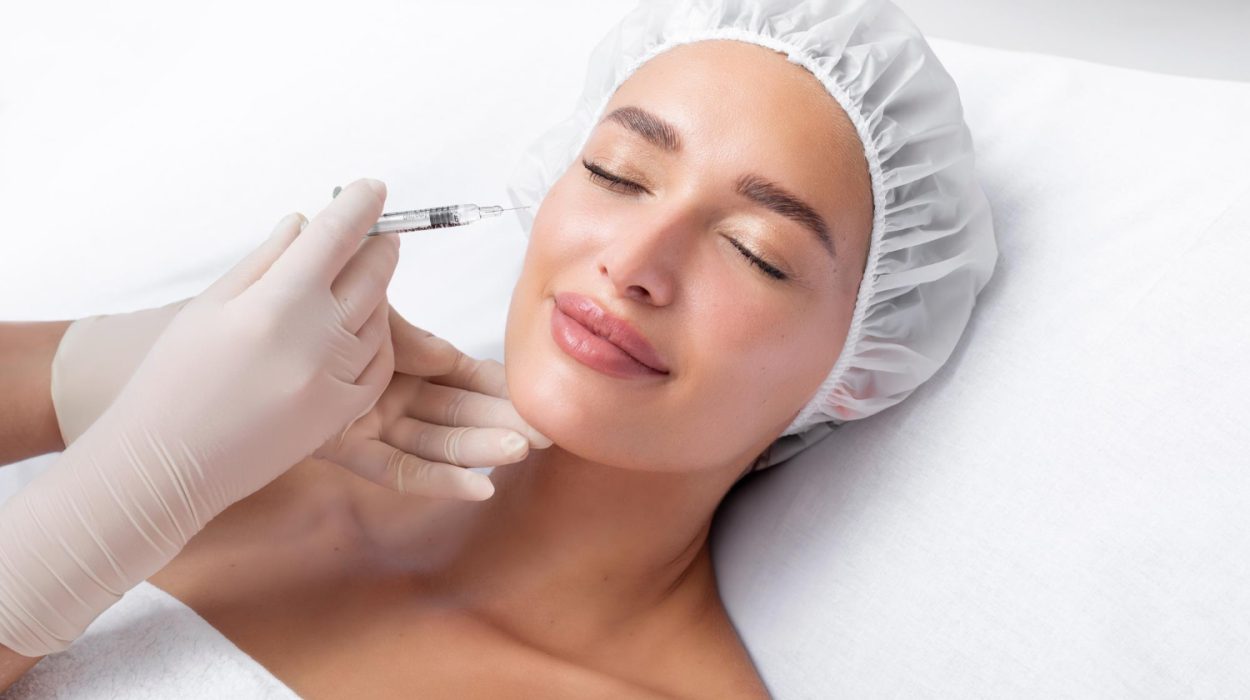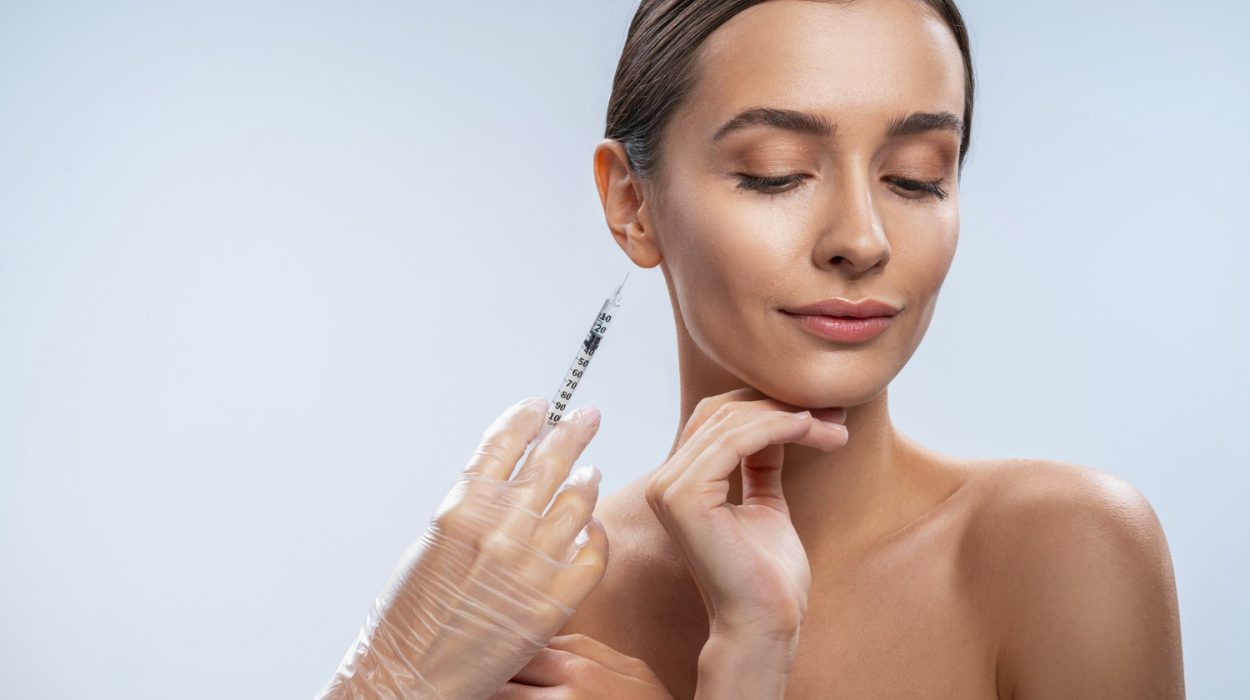Teeth whitening is a popular cosmetic procedure that can dramatically improve the appearance of your smile. However, what you eat and drink immediately after the procedure is crucial for maintaining those pearly whites. This article delves into the essential guidelines for the first forty-eight hours post-treatment, providing a comprehensive guide on the “white diet” and how to best care for your newly whitened teeth. Whether you’ve just had a professional teeth whitening treatment or are planning one, this article is a must-read to ensure your investment pays off in a lasting, bright smile.

Why is the White Diet Important After Teeth Whitening?
After undergoing a teeth whitening procedure, your enamel becomes temporarily porous, making it more susceptible to staining from the colours in drinks and food. The white diet, comprising foods and beverages light in colour, is crucial to minimize this risk and keep your teeth pristine. In the first few days post-treatment, especially when your teeth are most sensitive, it’s important to eat foods that are safe and will not compromise the whitening results. Consulting with your dentist about the best practices, including what is safe to eat for the first two days, is always a good idea.
This diet isn’t just about avoiding dark-coloured foods but also about how you consume certain beverages. For instance, drinking soft drinks or any coloured beverages through a straw can help minimize contact with your teeth, thereby reducing the risk of staining. While bleach is used during the whitening options to brighten your teeth, post-whitening care is about avoiding substances that can reverse or diminish these effects. The goal is to avoid staining your teeth after whitening, ensuring that the results are long-lasting and your smile remains bright.
What Foods and Drinks Should You Avoid After Teeth Whitening?
Avoiding certain drinks and food is critical in the first 48 hours post-whitening. This includes anything with strong colours or acidic content, such as red wine, coffee, tea, and brightly coloured fruits. These substances can easily stain your teeth and undo the whitening effects. It’s also advisable to avoid drinks like white wine and soy sauce, which, despite their lighter color, can still affect the whiteness of your teeth. Foods high in acidity, like certain fruits, should be avoided as they can contribute to tooth decay and affect the health of your teeth and gums.
When whitening your teeth, it’s better to eat foods that are white or light-colored, such as banana, egg whites, and foods prepared with whitening-safe ingredients. Additionally, while undergoing a whitening regimen, using a whitening gel as directed can help maintain your teeth right and whiter. It’s crucial to avoid drinking beverages that can stain your teeth and to drink plenty of water instead. This not only helps in keeping you hydrated but also assists in rinsing away any potential staining agents from the teeth. Remember, the key to maintaining your newly whitened teeth is in carefully selecting the foods to eat and the beverages to consume.
Are smile lines around the mouth a natural part of aging?
Smile lines, also known as laugh lines or nasolabial folds, are a natural part of the aging process. While they can be a sign of a life filled with laughter and joy, many people seek ways to reduce their appearance or prevent them from forming in the first place. If you’re one of those individuals looking to regain a youthful and smooth complexion, this comprehensive guide is worth reading. We’ll explore various treatment options, from non-invasive procedures like fillers and microneedling to cosmetic treatments performed by plastic surgeons. By the end of this article, you’ll be armed with the knowledge to tackle smile lines and put your best face forward.
The Safe Foods: What Can You to Eat After Teeth Whitening?
Focusing on foods that are white or light in colour is key. Options like white fish, white rice, pasta with white sauce, and white cheese are safe bets. These foods are less likely to leave discolorations on your teeth and help you maintain the whitening results.
Understanding the Risk of Stains on Your Newly Whitened Teeth
Newly whitened teeth are especially vulnerable to staining. The process of whitening can leave teeth porous, making it easier for colour from foods and beverages to seep in. This is why it’s essential to avoid certain drinks and food known for their staining properties, such as coffee, red wine, and dark berries, in the days following your whitening treatment.
Additionally, adopting habits like drinking colored beverages through a straw can significantly reduce the direct contact with your teeth, thereby minimizing the risk of staining. Understanding this risk is crucial for maintaining your results and ensuring your smile stays bright for longer.
Common Myths and Facts About the White Diet Post-Teeth Whitening
There are many misconceptions about the white diet. For instance, not all white foods are safe (like white bread, which can be sugary). It’s a common myth that if a food is white, it’s automatically safe for your teeth post-whitening, but in reality, the sugar content and acidity are also key factors to consider. Another myth is that this diet alone can maintain your whitening results indefinitely, but professional guidance and ongoing oral care are equally important. Understanding the correct principles behind the diet is crucial for its effectiveness in preserving your bright smile.
Key Takeaways
- Stick to a white diet immediately after teeth whitening.
- Avoid colourful and acidic foods and drinks for at least forty-eight hours.
- Maintain good oral hygiene to keep your teeth white.
Be mindful of the types of food and beverages you consume even after the first 48 hours.
By adhering to these guidelines, you can enjoy the benefits of your teeth whitening treatment for a longer period and keep your smile bright and beautiful.
HORTMAN CLINICS NEWS
Related News
We are here for you. Always.
Everything we do is tailored to your needs, this is why we take our time to take care of you and answer all your questions.




